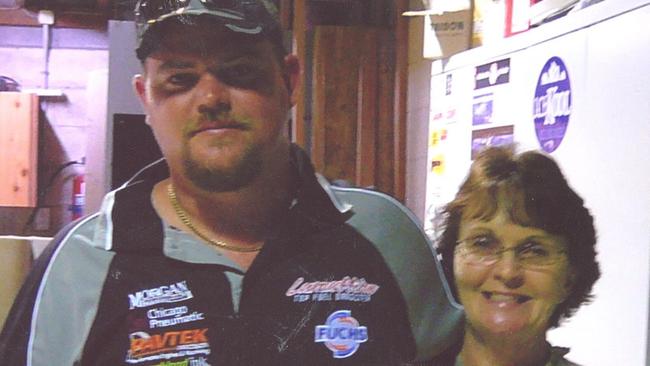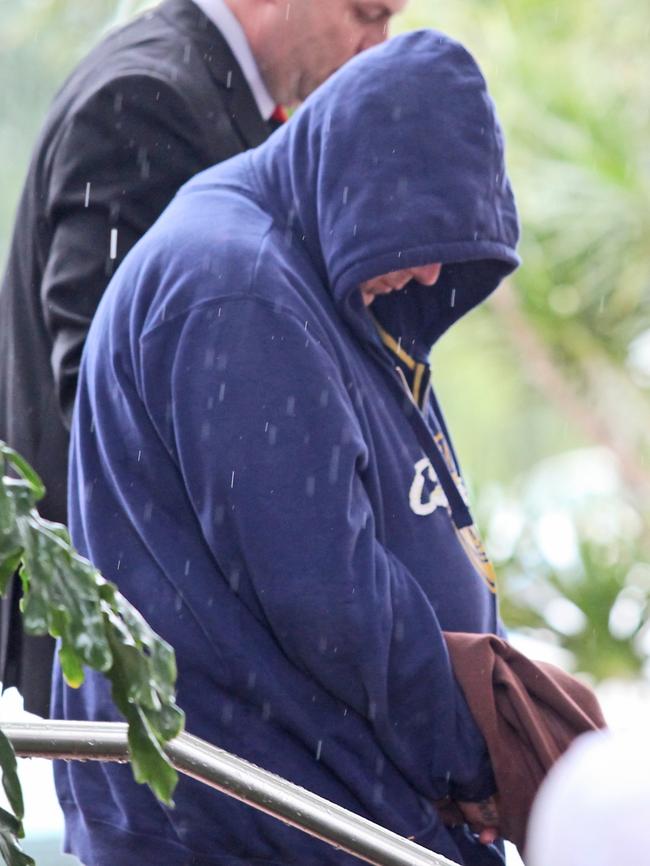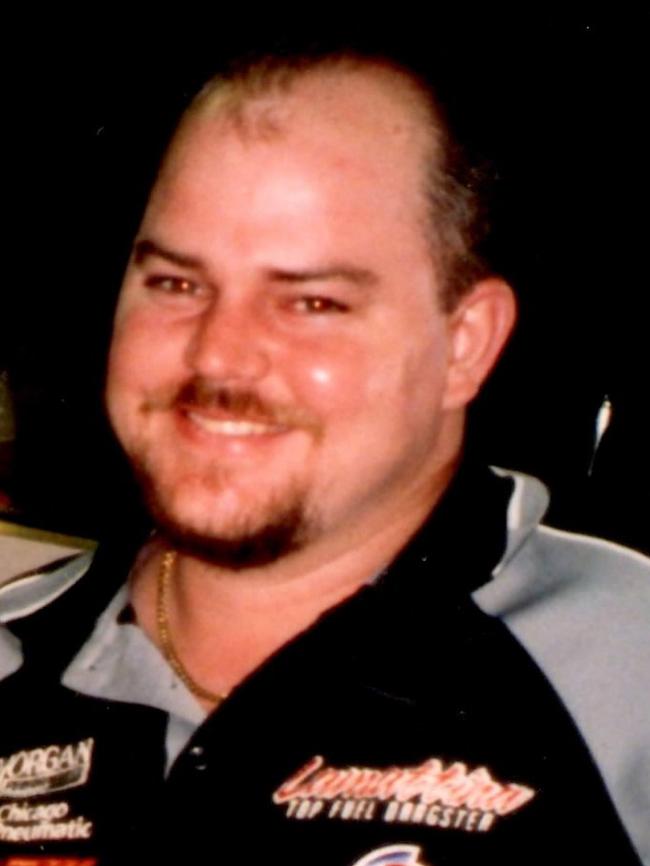Killer of Timothy Pullen must prove he doesn’t know where body is
A MAN fighting for release under the state’s “no body, no parole” laws has been asked to prove he never learned where the remains of the man he helped kill were dumped.

Crime & Justice
Don't miss out on the headlines from Crime & Justice. Followed categories will be added to My News.
A MAN fighting for release under the state’s “no body, no parole” laws has been asked to prove he never learned where the remains of the man he helped kill were dumped.
Zane Tray Lincoln was sentenced in 2016 for the manslaughter of Mackay man Timothy Pullen.
During an application for release by the Parole Board this morning, lawyers for Lincoln said the man had neither “a good idea” or knowledge of where Mr Pullen’s body was disposed of, despite being the “prime mover” in his abduction and killing over a drug debt in April 2012.
Under the new laws, which came into effect in August last year, prisoners must make an effort to co-operate with authorities to locate their victims’ remains in an effort to provide closure to families.


“He quite simply ... doesn’t know and it is on that basis he has co-operated to the best of his ability,” defence counsel David Crews said.
“He has no power to assist because he has no knowledge to the location of the deceased and he can’t assist any more than he already has ...”
However Parole Board president Michael Byrne QC said co-operation was a broad term and could involve identifying people who did know where the body was located.
The court heard Lincoln had arranged the abduction of Mr Pullen and gained the co-operation of others because of loyalties and a promise of money.
“I think that’s pretty clear ... that he was the prime mover,” Mr Byrne said.
“Was he prepared to tell the board who those persons were and what the promise of money was?
“This is his chance, if he wishes to take it, to assist and this legislation is based on co-operation in finding, helping locate and recovering the body.”
The court heard despite there being a 15-month period between when Mr Pullen was killed and Lincoln’s arrest, the man claimed he had no conversations with those involved in the killing about where they had dumped the body.

“It beggars belief, from my perspective, that your client ... is the driving force of an incident that has terrible consequences, the death of this person where things go very, very pear-shaped, makes no inquiries ...”
After a short adjournment, Mr Crews told the court his client had agreed to provide what the board described as a “fulsome statement” about what he knew of where Mr Pullen’s remains were located.
Another man convicted of Mr Pullen’s murder, Stephen Dale Renwick, was denied parole in the first decision ever made under the new laws.
He is appealing the decision.
The application was adjourned at a date to be fixed.
Outside court Mr Pullen’s family said it was “gut wrenching” to hear for the first time that their son had been abducted during today’s hearing.
They said they were still hopeful of finding their son’s remains and believed the legislation was working.



